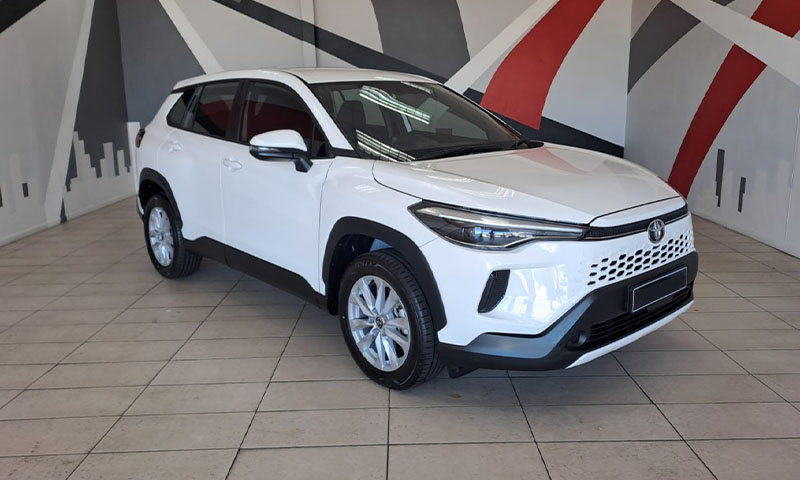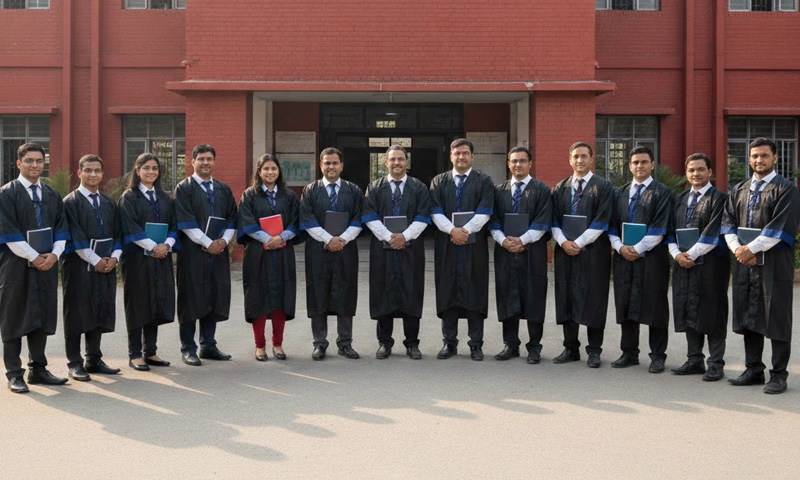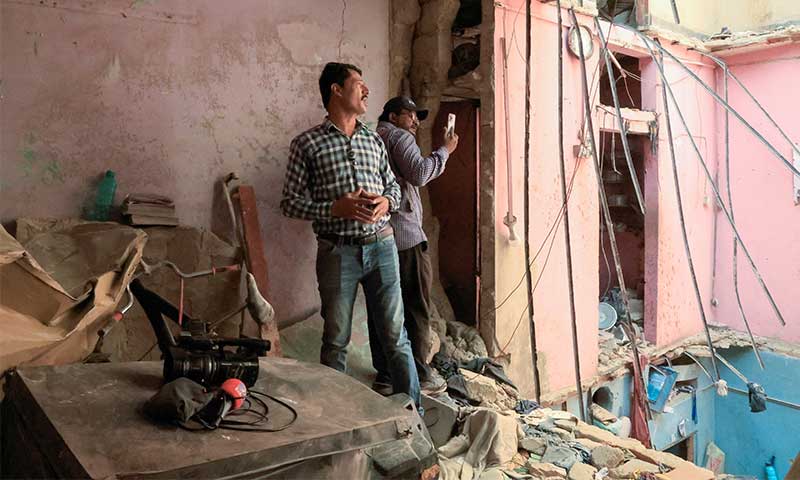- Aasiya Niaz
- 1 Minute ago
Imported used cars put domestic manufacturing and livelihoods at risk
-

- Web Desk
- Nov 12, 2025

Pakistan’s domestic auto sector is facing an unprecedented challenge as the influx of imported used vehicles surges, raising concerns over local manufacturing, employment, and the country’s financial compliance.
Recent data from the Engineering Development Board and industry groups show that the market share of imported second-hand cars has jumped from around 7.5 percent between 2020 and 2023 to 20 percent this year.
Industry bodies warn that without stronger measures, this share could rise to 50 percent, meaning half of all cars sold in Pakistan would be used imports, leaving local assembly lines underutilised. The Pakistan Association of Automotive Parts & Accessories Manufacturers estimates that domestic suppliers are losing between PKR 48 billion and PKR 60 billion annually as demand for locally produced components dwindles.
The impact is already being felt across small and medium-sized enterprises, many of which provide parts for the auto sector. Each imported car replaces roughly PKR 1.5 million worth of local components. As a result, factories are running below capacity, workers face job insecurity, and some businesses are teetering on the brink of closure. The sector directly employs about 300,000 people, while indirectly supporting another two million.
Experts also highlight financial risks tied to the import surge. Misuse of “gift,” “baggage,” and “transfer of residence” schemes has enabled tax evasion and under-invoicing. Some payments are reportedly channelled through hawala systems, raising concerns about capital flight and Pakistan’s compliance with global financial watchdogs.
Despite a new 40 percent regulatory duty on used car imports, analysts warn that the move alone may not prevent large-scale displacement of local manufacturing. Industry representatives urge Islamabad to implement deeper reforms to protect jobs and strengthen domestic production.
As the government prepares the Auto Industry Policy for 2026–31, the coming years will be crucial in deciding whether Pakistan builds a self-reliant auto sector or becomes increasingly dependent on second-hand imports.




